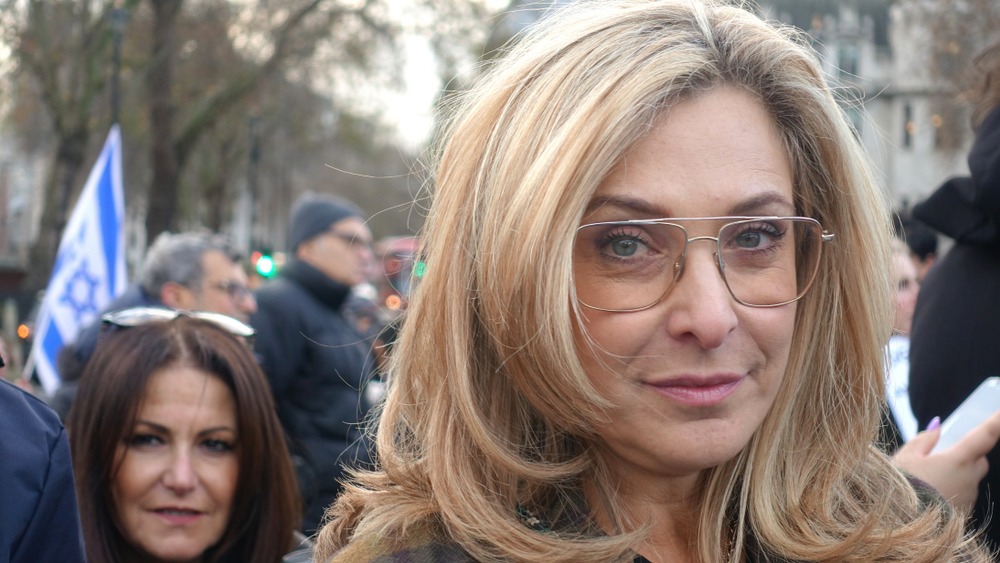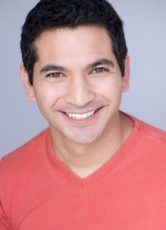
Actors know quite a lot about vulnerability. They’re used to breaking through barriers to express their characters’ emotions with as much authenticity as possible. “The show must go on” means performing even if the performer is under the weather, in pain, or grieving. And the act of auditioning, let alone participating in acting classes, is an act of bravery itself. An actor’s vulnerability is precisely what draws audiences into any given story and indeed can move them to tears.
But tapping into the power of one’s vulnerability does not always come easy. After all, people are socialized to show strength and sureness in their daily lives and to conceal their weaknesses and insecurities. And things can get a little confusing when actors are told how important it is to display both confidence and vulnerability in the audition room.
English actor David Morrissey recently referred to the contradicting messages thespians receive, advising actors to, “grow a thick skin so that the things people say about you bounce off you. But you also have to keep yourself very open emotionally. But sometimes those two things can fight each other, so you just have to take the rough with the smooth.”
Another example of the tug-of-war between vulnerability and confidence is reflected in the English actress Tracy-Ann Oberman’s advice: “I think there’s a lot of fear sometimes of any self-employment, and I think particularly in acting. And I think that fear can infect all corners of your work. So I think, don’t be afraid.” Not always so simple to do though, right? Especially when auditions are scarce during a pandemic.
So wouldn’t it be nice to listen to an expert on the topic of vulnerability shed some light on this confounding topic?
Enter Brené Brown, whose TED Talk The Power of Vulnerability has garnered over 16 million views over the past decade. She is a scientist who researches people’s ability to empathize, love, and empathize; that is, the data she collects and analyzes are people’s personal stories, particularly their moments of greatest struggle. Through her studies, Brown discovered a broad theme in the human experience: there are those who tend to be ruled by shame and fear while others, who she refers to as “the whole-hearted” manage to rise above the shame/fear. She noticed the whole-hearted live with the following convictions:
- They exhibit the courage to be imperfect.
- They’re kind to themselves first and then offer that same compassion toward others. Brown says, “As it turns out, we can’t practice compassion with other people if we can’t treat ourselves kindly.”
- “They formed bonds with others as a result of their authenticity. “They were willing to let go of who they thought they should be in order to be who they were—which you have to absolutely do that for connection,” Brown insists.
- And they fully embraced vulnerability. As Brown puts it, “They believed that what made them vulnerable, made them beautiful.”
In fact, she realized the ability to be okay in one’s vulnerability is key to unlocking “joy, creativity, belonging, and love.” Thus, she longs for a world where all children are raised with the attitude: “You’re imperfect and you’re wired for struggle, but you’re worthy of love and belonging.”
Listening to Brown is inspirational as it encourages us all to embrace the challenges in our lives all the while being much more real with others which, in turn, invites more gratitude and love in our relationships.
As Brown says: “Let ourselves be seen—deeply seen, vulnerably seen. Love with our whole hearts even though there’s no guarantee … practice gratitude and joy … and believe, ‘I am enough.’”
Want to get your acting career started? Sign up or login to Casting Frontier and start auditioning today!
Related articles:
How to Nail Your Horror Audition
Casting Directors Share Self-Tape Tips
Maya Rudolph Wins 2 Emmys for Her Performances in ‘Big Mouth’ and ‘SNL’




